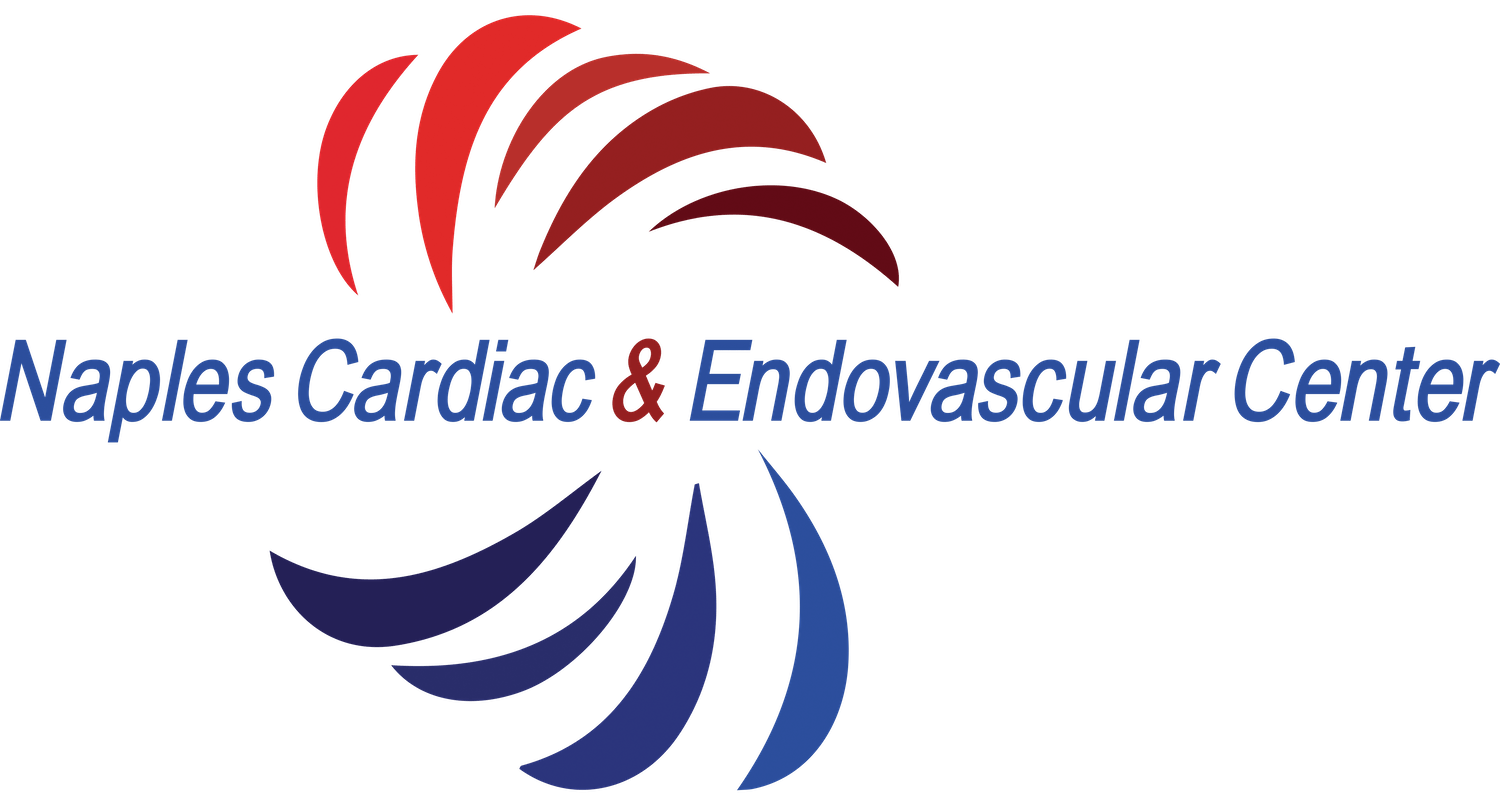High cholesterol overview
Cholesterol is an important part of our body’s chemistry. High cholesterol is a condition in which the total content of cholesterol in your blood is abnormally elevated. In general, anything below 200 micrograms per deciliter of blood is considered healthy, whereas numbers exceeding 200-240 are considered at risk. The higher the number the higher your cardiovascular risk.
Main types of Cholesterol:
LDL stands for Low Density Lipoprotein. This is commonly referred to as “Bad Cholesterol.” Elevated levels are associated with adverse cardiovascular events.
HDL stands for High Density Lipoprotein. This is also commonly referred to as “Good Cholesterol.” Normal or high HDL levels are associated with cardiovascular protection.
What causes high cholesterol?
There are several factors that are commonly seen in people with high cholesterol:
A genetic predisposition to high cholesterol. The condition ‘familial hypercholesterolemia’ is inherited and causes one to have high levels of cholesterol.
Poor eating habits also play a big role in the battle against high cholesterol. Individuals whose diets are high in LDL content, such as sweets, greasy fried foods, and fatty meats, end up having significantly higher cholesterol levels than those who don't.
A sedentary lifestyle also puts people at risk. Exercise is one of the best way to promote overall well being and metabolize all of that pesky triglyceride residue.
How is high cholesterol diagnosed?
A simple blood test is able to determine your blood cholesterol levels; this is commonly referred to as a Lipid Panel or Lipid Profile.
A fasting lipid panel is the most common strategy; in some cases, a non-fasting panel can be used.
How is high cholesterol managed?
Nutritional modifications are advisable in an attempt to reduce blood cholesterol levels. Reducing or entirely eliminating animal products has been well established as a reliable way of reducing blood cholesterol levels.
When nutritional changes are insufficient, medications are very effective at reducing high cholesterol levels. Statins are a very potent and effective choice for dealing with cholesterol levels. They also have the added benefit of reducing the risk of stroke or heart attack.
However, your doctor may consider other medications, and decide based on your specific needs.
To request a consultation click below or call (239) 300–0586


